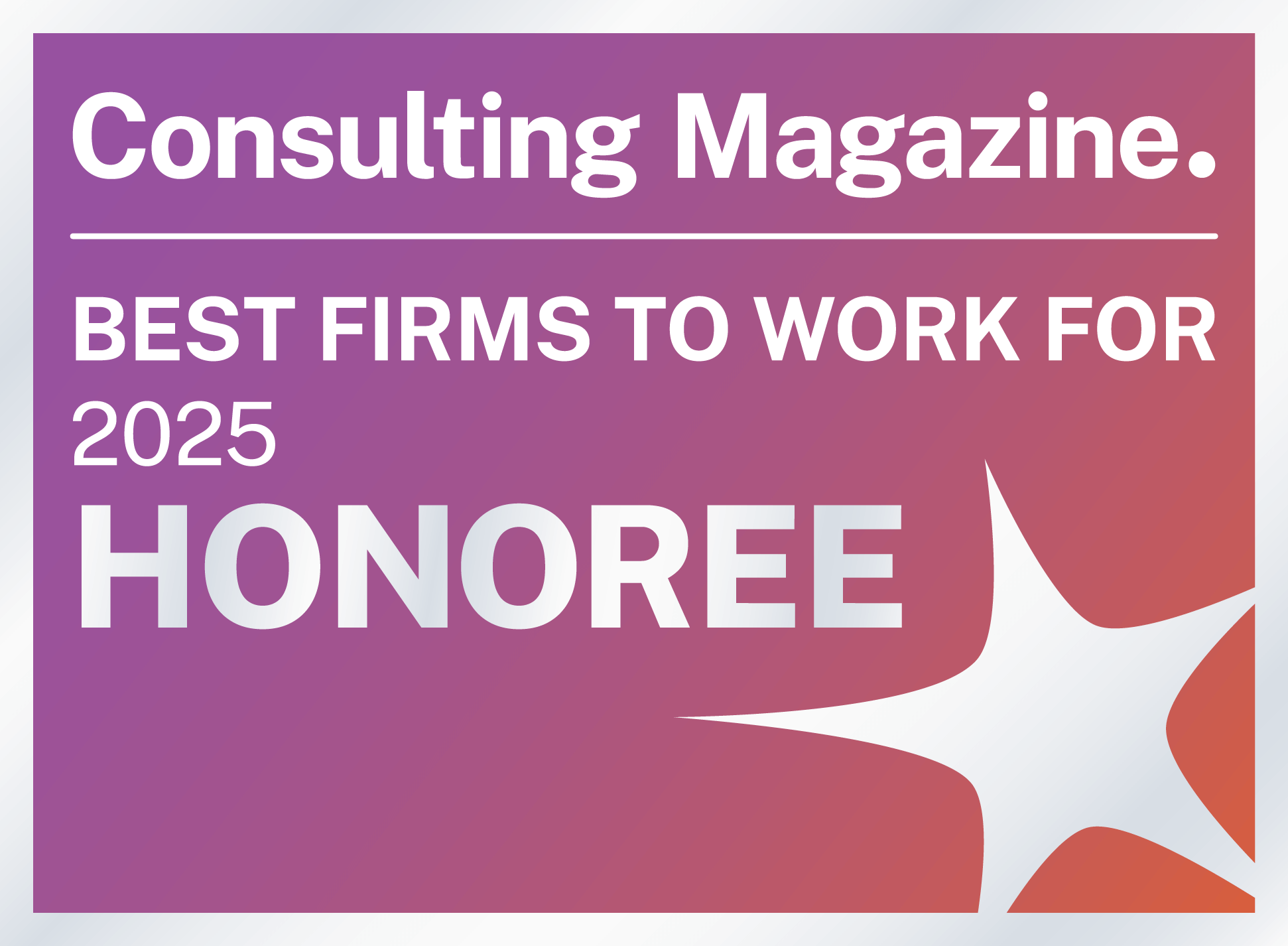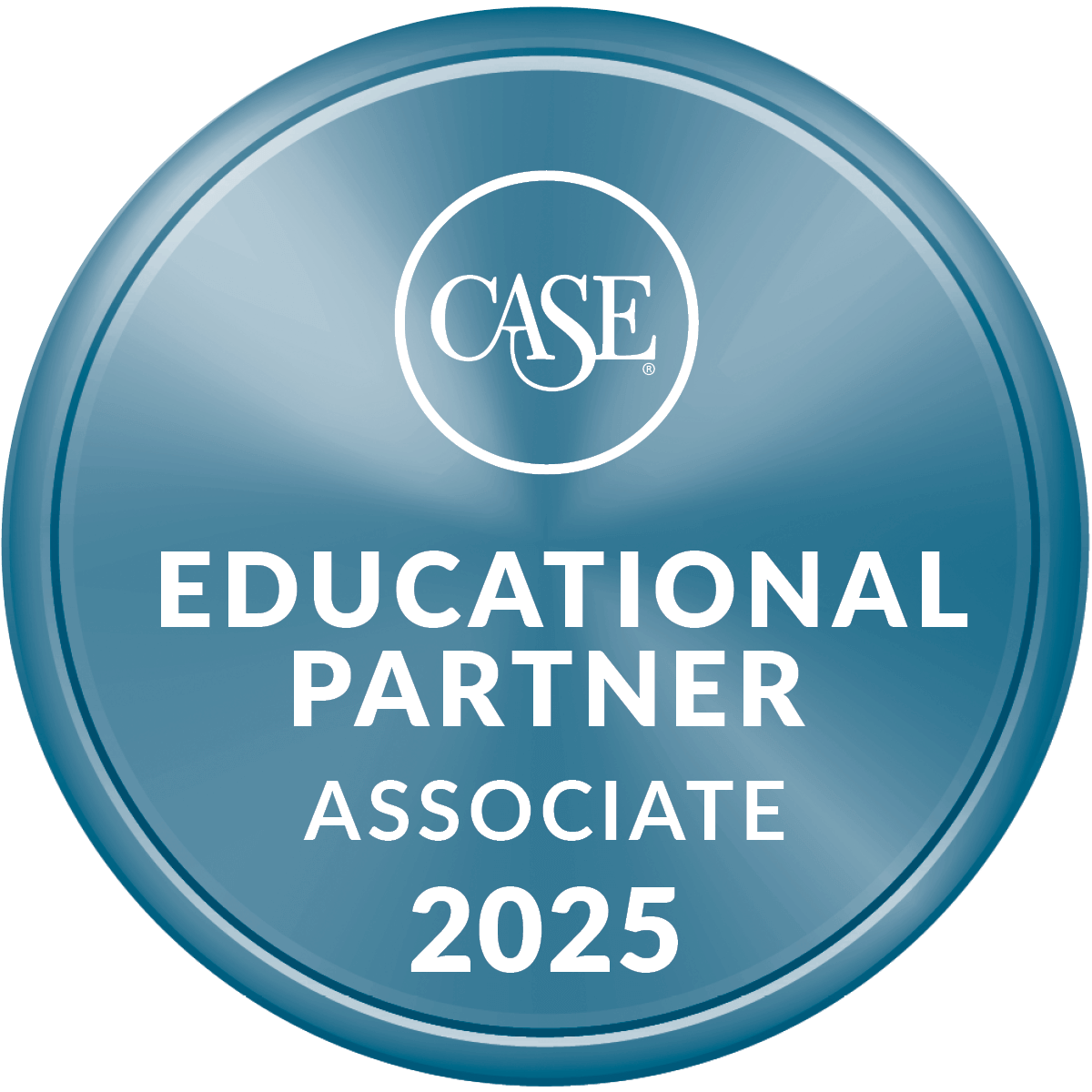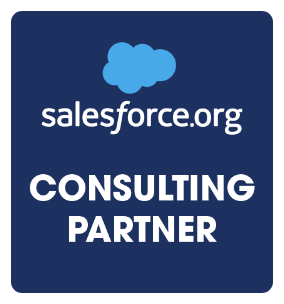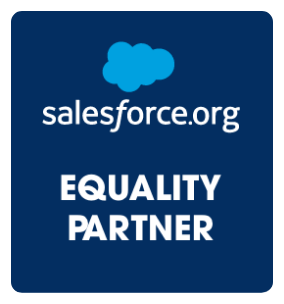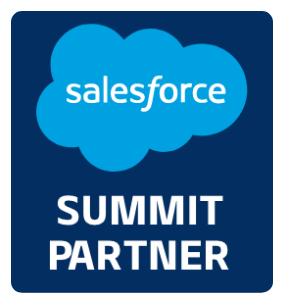
In many ways, diversity, equity, and inclusion—or DEI—has become a buzzword. There is no denying the importance of DEI to an organization. Regardless of industry or function, having a community of individuals from a diverse array of backgrounds and identities adds value to an organization, whether it be through an inclusive and welcoming culture where people feel seen and valued, or diverse perspectives that lead to innovative and creative ways to solve a problem. Over the last decade, and particularly the last few years, DEI has become a growing priority for executives. With a plethora of tools, strategies, and best practices available for organizations to use, it is essential to know how these activities and programs are working. One of the most effective ways to accomplish this is to conduct an external assessment to measure the efficacy of your DEI program.
What are external assessments for DEI?
While many organizations use internal or self-assessments to analyze the progress and effectiveness of their DEI programs, these tactics can be limited in both practice and data. Internal assessments are not likely to be supported by comparative benchmarking data, nor are they often supported by solutions based on best practices. It is not enough to collect measurable data—there must also be meaningful impact associated with organizational change in DEI strategic planning.
External assessments, on the other hand, provide an objective lens that, when done right, use contextualized and evidence-based best practices to assess the effectiveness and accountability of DEI goals. Measuring the level of current-state DEI practices and the successes of activities and strategies from an external lens adds value through the application of research and benchmarking to identify key areas of strength and targeted recommendations for continued improvement to take the organization to the next level.
How do external assessments and frameworks benefit your organization?
To effectively address barriers to inclusion and participation in the workplace, an external assessment will apply a holistic approach and understanding of impact to the current state at every level of an organization. It considers beyond demographic and hiring data to include an analysis of the impact of policies, procedures, and practices on accessibility, satisfaction, belonging, and equity within the stakeholder community. For example, we know that a sense of belonging impacts retention in an organization. This can be externally measured in a variety of ways that considers not only quantitative retention metrics but qualitative insights that can only be gathered by thoughtful and inclusive engagement with stakeholders.
An external assessment can also serve as a foundation or baseline that leadership can use to identify priority areas of focus where resources can be allocated to improve the effectiveness of DEI activities within the organization.
The Attain Partners’ Inclusion, Diversity, Equity, and Allyship (IDEA) Performance Maturity Framework
Our proprietary framework leverages best practices based on evidence-based methodologies and expertise in DEI and organizational assessments to provide a holistic and comprehensive analysis of DEI within an organization across five tracks—education, regulatory compliance, governance, pipeline, and brand.
We couple a deep analysis of policies, procedures, and practices with inclusive engagement to gather critical understanding of current state. This allows our team of experts to provide recommendations that enable an organization to build on prior efforts to ensure that DEI permeates every level through a collective process that leads towards shared equity and lasting, transformational change. To learn more about how Attain Partners can help your organization exceed your DEI goals, contact us here.
DEI Success at George Mason University
George Mason University (Mason) engaged Attain Partners to assess its Diversity, Equity, and Inclusion (DEI) strategy leveraging our aforementioned Inclusion, Diversity, Equity, and Allyship (IDEA) Performance Maturity Framework. Attain Partners used this comprehensive assessment to evaluate the effectiveness of the university’s current DEI programming, initiatives, and processes as well as to provide strategic recommendations to optimize the University’s efforts toward accomplishing long-term DEI goals.
About the Authors

Ashley Cedeno is a Consultant in the Strategic Transformation Services practice of Attain Partners. She brings nine years of professional experience, with over six in implementation of programming related to pipeline building, affinity engagement, and retention. She is proficient in data analytics, risk assessment, and strategic planning. Ms. Cedeno has performed various assessments on industry best practices and stakeholder analyses across multiple strategic plan initiatives, including in the DEI space and using the Inclusion, Diversity, Equity, and Allyship (IDEA) Performance Maturity FrameworkTM, of which she is a contributor.
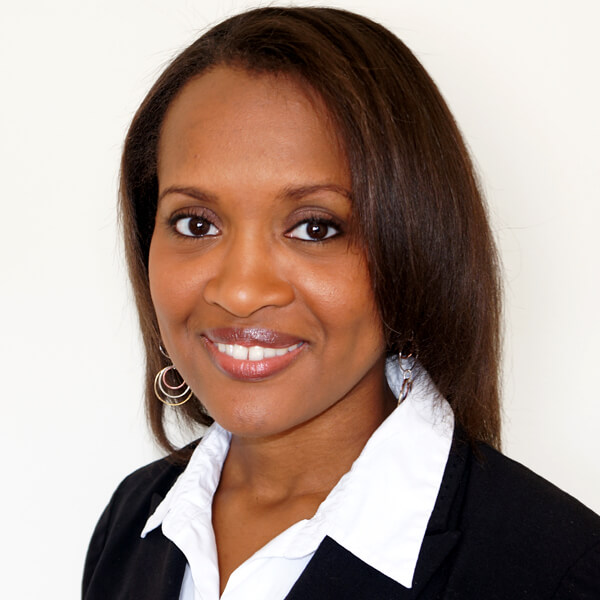
Melany Barrett is a Manager in the Strategic Transformation Services practice of Attain Partners. With over a decade of experience in Higher Education, she has demonstrated knowledge in business process improvement, project management, organizational assessment, and faculty affairs administration. Prior to Attain Partners, Ms. Barrett supported Higher Education administration and strategic initiatives as a member of an internal consulting team. She is a key contributor to the Inclusion, Diversity, Equity, and Allyship (IDEA) Performance Maturity FrameworkTM, leading DEI assessments for institutions. She is a Prosci® Certified Change Management Practitioner who has extensive knowledge and training in the field and holds an MBA from Georgetown University’s McDonough School of Business.

Kyle Cadieux is a Manager in the Strategic Transformation Services practice of Attain Partners. Kyle has a demonstrated knowledge in Organizational Change Management, Organizational Design, and Human Capital Management. Prior to Attain Partners, Kyle supported Organizational Transformation work for the Federal Government at various Consultancies. Kyle is a Prosci® Certified Change Management Practitioner and serves as a Deputy of the Attain Partners corporate IDEA program.

Reshma Patel-Jackson is a Partner and Practice Lead for the Strategic Transformation Services practice of Attain Partners. She is responsible for and involved in a wide range of consulting initiatives, primarily on change management, strategic planning, business process improvement, organizational assessments, project management, and research administration. Mrs. Patel-Jackson is a Prosci® Certified Change Management Practitioner who has extensive knowledge and training in the field. She has provided strategic planning, project management, change management, internal audit, compliance, and costing services for a variety of nonprofit, higher education, government contracting, and commercial clients. She is the creator of the Inclusion, Diversity, Equity, and Allyship (IDEA) Performance Maturity FrameworkTM and the Chair of the Attain Partners corporate IDEA program.

Be the First to Know
Subscribe to our monthly Pulse newsletter
to be the first to hear about new blog posts






